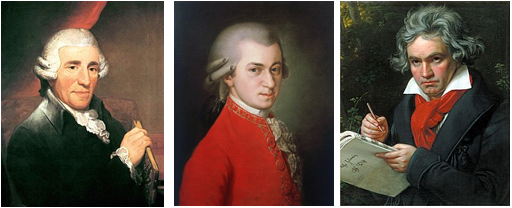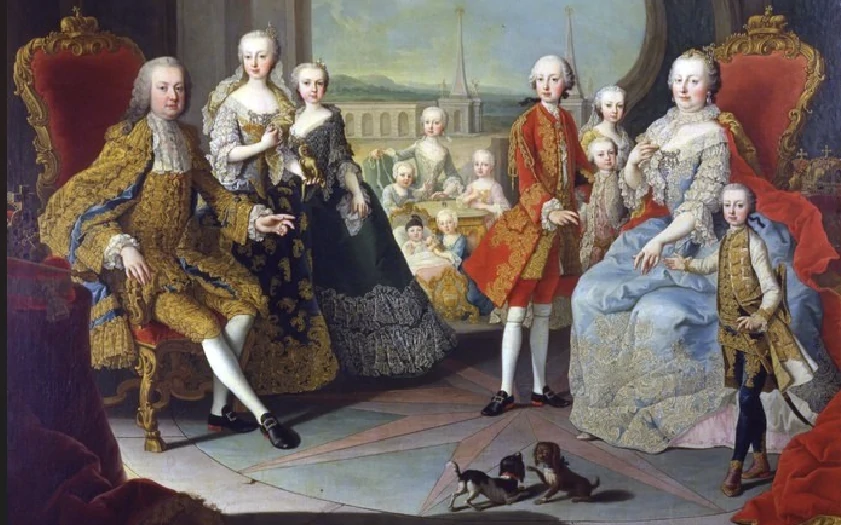Why was and is Vienna considered the capital of classical music? Who was instrumental in this? When was Vienna in its musical heyday? Which composers lived in Vienna at this time? The Habsburgs laid the foundations for Vienna’s position as a center of classical music . Art was particularly encouraged at the Viennese court and important composers were brought to Vienna.
As the Habsburgs ruled large parts of Europe , they saw themselves as the supporters and promoters of the European art and culture. Music served as representation, as an expression of power and splendor at the imperial court. Some Habsburg emperors were even composers themselves, e.g. Leopold I and his son Joseph I. Maria Theresa, Leopold’s granddaughter, also performed as a singer at court and her son, Joseph I, was a great one. This continued until Emperor Franz Joseph and Elisabeth.
Famous composers
Antonio Vivaldi came to Vienna from Italy and died in Vienna. Beethoven came from Bonn to Vienna as a young man to study with Mozart. It is not known whether the two ever met. The German composer Willibald Gluck was drawn to Vienna to the Habsburg court. Franz Schubert was one of the few true Viennese. In the 19th century , it was Brahms who came to Vienna.
Johann Strauss’ father and sons were born in Vienna. Anton Bruckner came to the Austrian capital from Upper Austria. Schönberg and Mahler were already in the city. All
What was new about Viennese Classicism?
Composing was done in a simpler way , according to a certain pattern. A certain theme ran through the entire piece and was modified again and again. Sonatas and symphonies were reinterpreted and changed. The
Time Travel Tip: At Time Travel you get a taste of the time of the great composers in Vienna in the Waltz Hall . In the
Image sources:
https://commons.wikimedia.org/wiki/File:Joseph_Haydn.jpg?uselang=de
https://commons.wikimedia.org/wiki/File:Wolfgang-amadeus-mozart_1.jpg?uselang=de
https://commons.wikimedia.org/wiki/File:Beethoven.jpg?uselang=de



